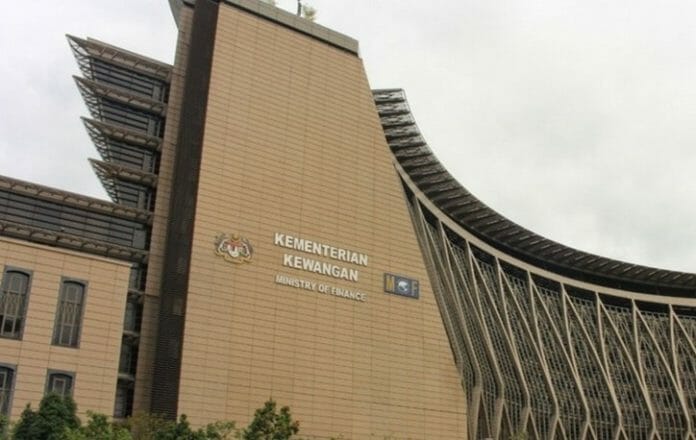During the Minister’s Question Time in the Dewan Rakyat, the Minister of Finance addressed inquiries raised by Rodziah Ismail from the Ampang constituency regarding taxation and price control initiatives. The focus of the inquiry was on the government’s commitment to introducing more progressive taxation alternatives before reinstating the Goods and Services Tax (GST) to diversify revenue streams and address deficits.
In response, Press Secretary to the Minister of Finance II, Siti Nurbaiyah Nadzmi in a statement outlined several measures undertaken by the government to expand fiscal space and enhance revenue generation, aligning with the goals of the MADANI Economy.
Stressing the need for fiscal reform, the Minister highlighted Malaysia’s comparatively low tax base, standing at 11.2% of GDP compared to Singapore’s 12.6%.
To address this disparity, the government has implemented progressive taxation reforms under the 2024 Budget.
Notably, a Capital Gains Tax of 10% was imposed on the disposal of unlisted shares, effective March 1, 2024.
Additionally, the scope of taxable services under the Service Tax Act 2018 has been broadened to include new sectors such as karaoke centers, logistics, and brokerage, with the tax rate raised from 6% to 8%, except for essential services.
Furthermore, the government is in the process of introducing new legislation for a High-Value Goods Tax, with rates of 5% and 10% based on specified threshold values for each item.
This measure aims to target affluent consumers while easing the burden on low-income groups.
The Minister reaffirmed the government’s commitment to fortifying the country’s financial position sustainably to support development agendas and citizen welfare.
He emphasised the importance of exploring additional taxation measures to bolster revenue without imposing long-term adverse effects.
The Minister assured the public that efforts to address tax collection inefficiencies and ensure taxpayer compliance are being intensified to optimise revenue streams effectively.









